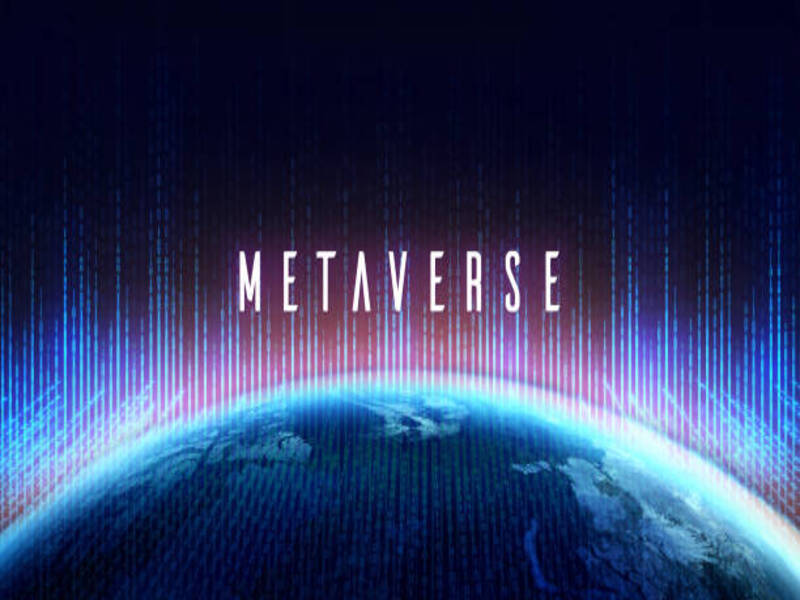
Meta to add ‘AI generated’ label to images created with OpenAI, Midjourney and other tools
FEB 2024Meta Platforms Inc., previously known as Facebook Inc., is an American international technological conglomerate headquartered in Menlo Park, California. The company manages Facebook, Instagram, Threads, and WhatsApp, along with various other products and services. It is considered as one of the prominent American information technology companies, commonly referred to as the Big Five, which includes Alphabet (Google's parent firm), Amazon, Apple, and Microsoft.. (Source : Wikipedia)
Listen to this News
New York -CNN - Meta says it's working to identify and label AI-generated images shared on its platforms that were created by third-party tools, as the company prepares for the 2024 election season amid a proliferation of artificial intelligence tools that threaten to muddy the information ecosystem. (edition.cnn.com).
In the coming months, Meta will start adding "AI generated" labels to images created by tools from Google, Microsoft, OpenAI, Adobe, Midjourney and Shutterstock, Meta Global Affairs President Nick Clegg mentioned in a blog post Tuesday, 6th Feb. Meta already applies a similar, "imagined with AI" label to photorealistic images created with its own AI generator tool.
According to Clegg, Meta is working with other leading firms developing artificial intelligence tools to implement common technical standards - essentially, certain invisible metadata or watermarks stored within images - that will allow its systems to identify AI-generated images made with their tools.
Meta's labels will roll out across Facebook, Instagram and Threads in multiple languages.
Meta's announcement comes as online information experts, lawmakers and even some tech executives raise alarms that new AI tools capable of producing realistic images - paired with social media's ability to rapidly disseminate content - risk spreading false information that could mislead voters ahead of 2024 elections in the United States and dozens of other countries.
It also comes a day after Meta's own Oversight Board slammed the company’s "incoherent" manipulated media policy in a decision related to an altered video of US President Joe Biden. Biden's presidential campaign on Monday called the policy "nonsensical and dangerous," in a statement to CNN responding to the Oversight Board's findings. According to Meta, it would review the board's recommendations and respond within 60 days.
On Tuesday 6th Feb, Clegg acknowledged the importance for users of clearly labeling AI-generated imagery.
"People are often coming across AI-generated content for the first time and our users have told us they appreciate transparency around this new technology," Clegg mentioned in the post.
"We’re taking this approach through the next year, during which a number of important elections are taking place around the world," he highlighted. "During this time, we expect to learn much more about how people are creating and sharing AI content, what sort of transparency people find most valuable, and how these technologies evolve."
The new, industry-standard markers that will let Meta label AI-generated images will not yet be included in videos and audio generated by artificial intelligence.
For now, Meta says it is implementing a feature that will let users identify when the video or audio content they're sharing was generated by AI. Users will be required to apply the disclosure for realistic video or audio that was "digitally created or altered" and may face penalties if they don't, Clegg mentioned.
He added that if a digitally created or altered image, video or sound "creates a particularly high risk of materially deceiving the public on a matter of importance," the company may add a more prominent label.
Meta is also working to prevent users from stripping out the invisible watermarks from AI-generated images, Clegg said.
"This work is especially important as this is likely to become an increasingly adversarial space in the years ahead. People and organizations that actively want to deceive people with AI-generated content will look for ways around safeguards," he said. "It's important people consider several things when determining if content has been created by AI, like checking whether the account sharing the content is trustworthy or looking for details that might look or sound unnatural."
.
Source : https://edition.cnn.com/